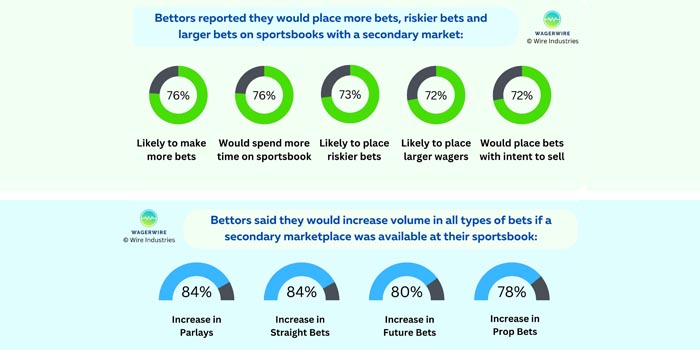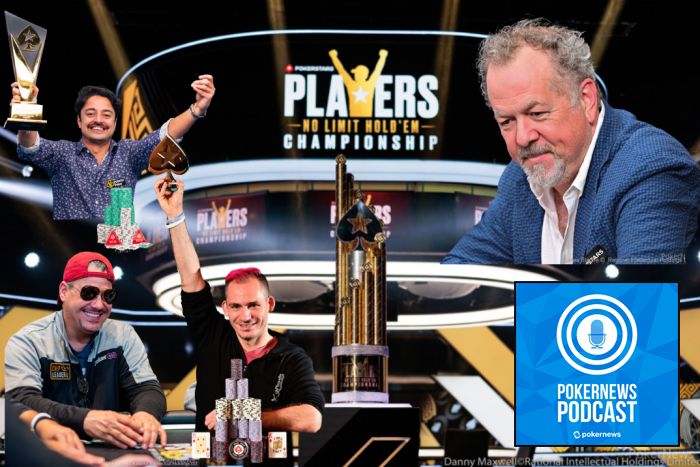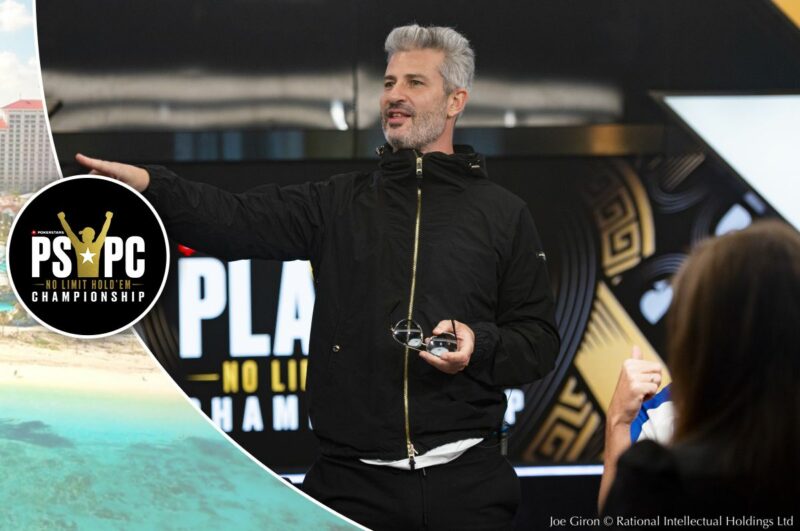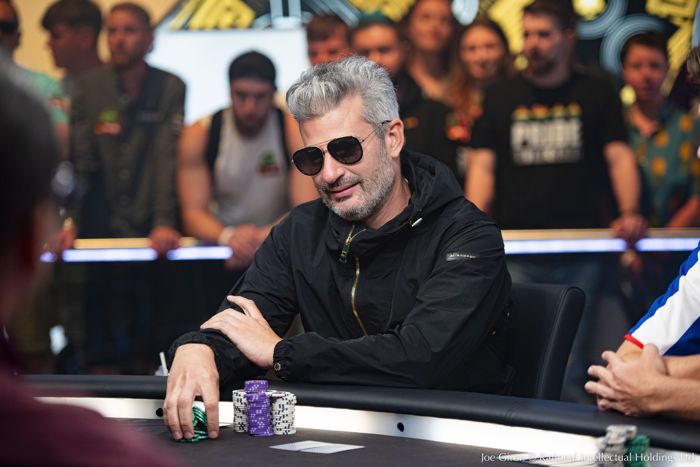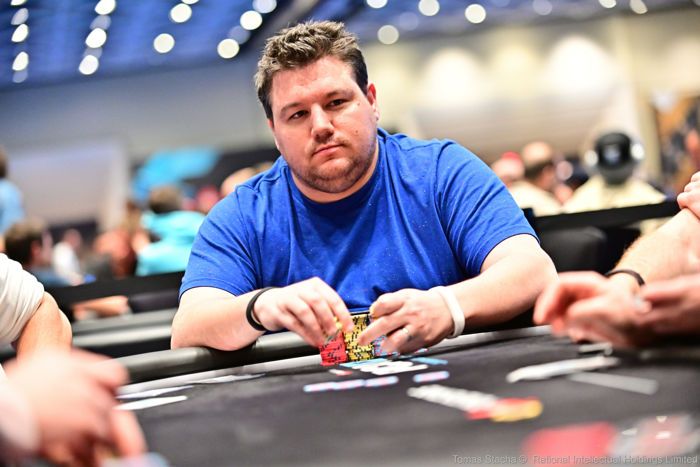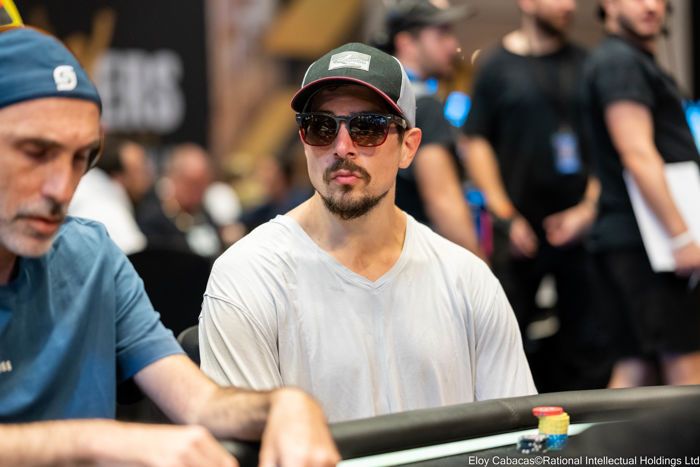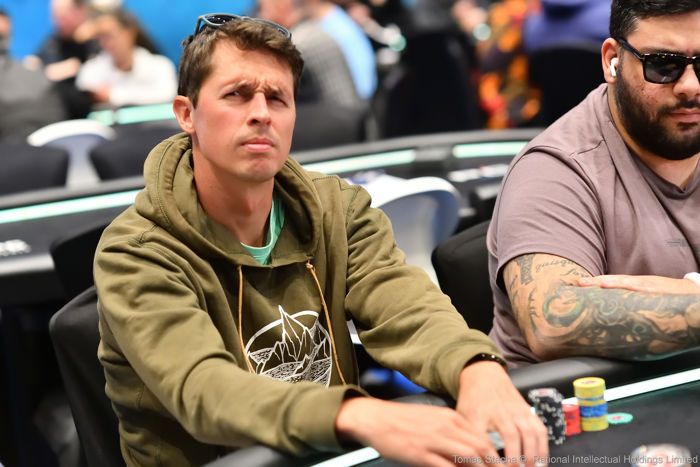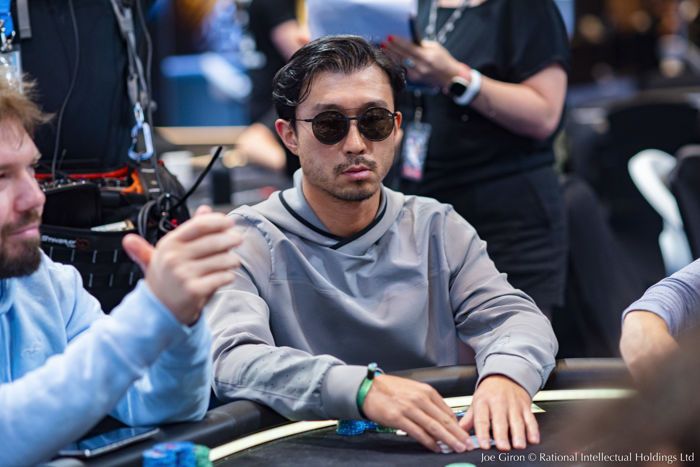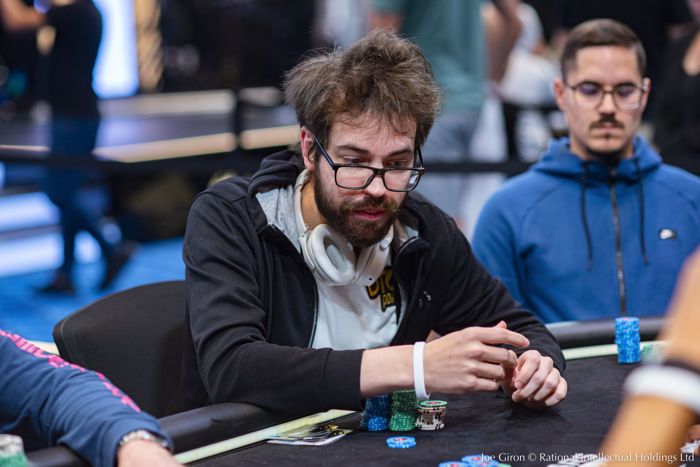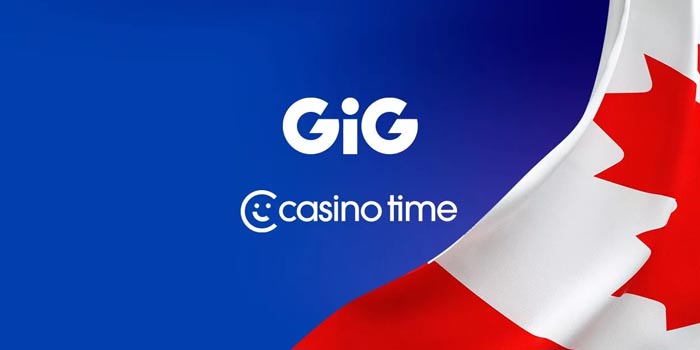
A third-sector push to see the charity lottery limits in the UK removed may bear fruit after the government agreed to consider a review of the limit.
No Cost to Treasury or Taxpayer
An open letter signed by 103 charity leaders at third-sector organizations swayed the government’s view and the minister for Digital, Culture, Media and Sport (DCMS), Paul Scully, agreed to meet with charity lottery operations to discuss changes to the cap on annual lottery fundraising.
Leaders at British Red Cross, Barnardo’s, The Royal Voluntary Service, Maggie’s, Cats Protection, WWF, The Wildlife Trusts, Lord’s Taverners, Breast Cancer Now, Magic Breakfast and Crisis, share the opinion that the £50 million ($60.4 million) annual cap on fundraising imposed on charity lotteries is “excessive red tape.”
The letter sent to culture secretary Michelle Donelan argued that charity lottery fundraising is the only type of fundraising, including any other gambling product, to have an annual cap and that the removal of the limit would bear no cost to the Treasury or the taxpayer but would strongly benefit charities and the communities supported by them around the country.
The letter also noted that, while charity lotteries have raised £2.7 billion ($3.3 billion) over the past decade, the cap on their fundraising has been “blunting” their ability to deliver the greatest impact, and while charity lottery reform has been delayed due to concerns of the possible impact on the fundraising of the National Lottery, evidence suggests otherwise.
Complementing the National Lottery
Third-sector organization leaders outlined that considerable scrutiny of these concerns by regulators, the DCMS and the Parliament’s DCMS Select Committee consistently showed that charity lotteries are not in competition with the National Lottery but rather complement its fundraising.
“Gambling Commission statistics also consistently back up this finding,” the leaders claimed in the letter while presenting their case that the annual cap should be removed.
The current annual sales limit on charity lotteries was imposed in July 2020 when new legislation came into effect to increase the limit from £10 million, alongside an increase of the sales per draw limit from £4 million ($4.9 million) to £5 million ($6.1 million), and the maximum draw prize limit from £400,000 ($483,000) to £500,000 ($603,000).
Twelve months after limit changes had been implemented, the DCMS conducted a review of the new sales limits and concluded that the increase of the limits produced the desired effect, allowing society lotteries to grow and return more to good causes without impeding on the unique position of the National Lottery.
